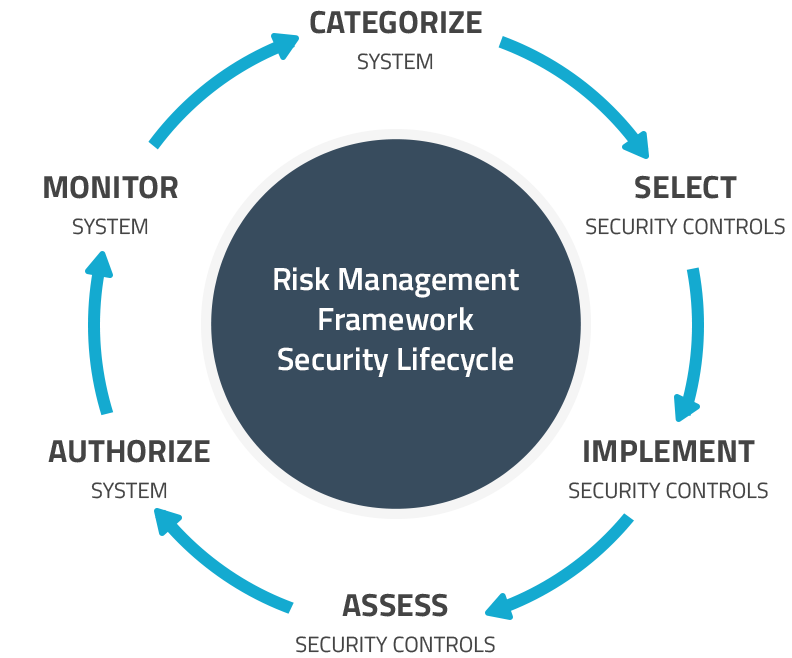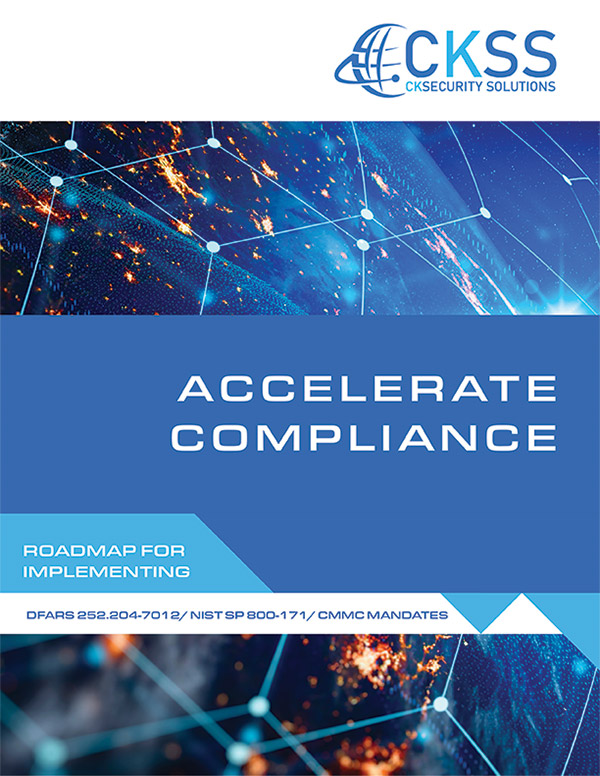FISMA Compliance Is In Our DNA
We help our clients understand and demystify complex regulations and compliance requirements, like the Federal Information Security Management Act, or FISMA. Our people, processes, technology, and services are laser-focused on helping you understand the regulations, and become FISMA compliant, on your terms and in your timeline.
CKSS has the expertise to help you to fully understand FISMA regulations and to develop a comprehensive eight-point plan for your organization. The plan encompasses the full spectrum of risk assessment, monitoring, reporting, remediation and management.
Your FISMA compliance plan will be comprehensive, giving you confidence, and peace of mind.

Demystify FISMA Regulations
FISMA Compliance Made Simple


Go Beyond Your Consultation With Managed Services
Go beyond compliance with our Managed Services that provide a holistic approach to IT and Security management.
Consultative Advice With Our Compliance Management Program
Ask us about our Compliance Management Program that leverages new technical capabilities and provides consistency and continuity across the compliance lifecycle. Features include assessments, remediation, and continuous monitoring.

Cybersecurity Resources
- Whitepapers
- Articles
- Blogs


